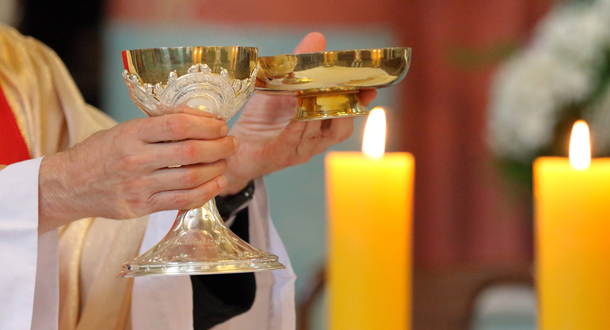
Scripture:
Reflection:
Jesus had performed so many mighty works in the midst of the Israelites and Gentiles. He healed the sick, gave sight to the blind, and he cast out demons. Yet the people, and in today’s gospel, the Scribes and Pharisees, demanded one more sign if they are to believe. For the record, Jesus never performed signs and wonders to prove anything. They always were directed towards saving people. Jesus’ generation had witnessed numerous signs. To demand more signs beyond what they had already seen was simply a sign of unbelief – worse, an attitude that refuses to believe. Jesus pointed to this attitude of unbelief as evil. God will give the sign, but on God’s terms and time, not theirs – and not ours.
The sign of Jonas for the Ninevites was that Jonah was from God, that he was the prophet’s reappearance from the stomach tomb of a great fish after three days. The sign for the Israelites would soon be that Jonah-like, Jesus would be raised from the tomb on the third day.
Just as rejecting Jonah’s message would have brought God’s judgment on Nineveh, so will rejecting Jesus invite His judgment on Israel.
It’s all too easy for us to fall into this same attitude with our faith. Sure, private revelations and apparitions may seem exciting. They capture our imagination. But ultimately, where is it that God that invites us to find God? It is in the day-to-day ordinary, even the hidden, where God challenges us to live by faith, and not by sight.
The real signs of wonder abide within the pages of Scripture, the revealed Word of God, within the accumulated wisdom of Sacred Tradition. And, most of all, through ordinary bread and wine – and if we have the eyes of faith to see, the Body and Blood of Christ. That alone is one whale of a miracle.
Deacon Manuel Valencia is on the staff at Mater Dolorosa Passionist Retreat Center, Sierra Madre, California.
